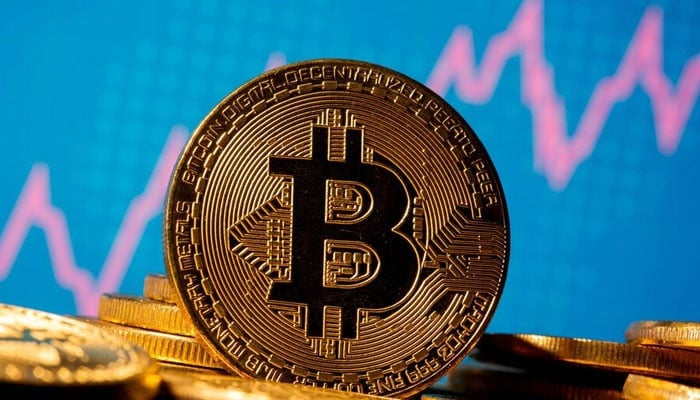Dubai’s Crypto Boom: $35 Billion in Transactions While Islamabad Lags Behind
In an astounding development, Dubai saw cryptocurrency transactions worth a whopping $35 billion in just one year, as revealed by a report from Chainalysis. A significant 67% of these investments originated from institutional players, with each transaction surpassing an impressive $1 million. This marks Dubai as a hub for high-value crypto activity, attracting investors from around the globe.
Meanwhile, just a short three-hour, 35-minute flight away, Islamabad struggles to draw foreign capital. While Dubai rides the wave of a cryptocurrency revolution, Islamabad received a modest $358 million in foreign direct investment (FDI) in April 2024—a glaring contrast to the billions flooding Dubai’s crypto ecosystem.
To compete with Dubai’s crypto success, Pakistan must act swiftly. Establishing a government-regulated cryptocurrency exchange is critical. This platform would provide a secure space for trading cryptocurrencies, adhering to stringent AML (Anti-Money Laundering) and KYC (Know Your Customer) standards, and ensuring transparency and security for investors.
The proximity of Islamabad to Dubai’s thriving crypto scene makes this an urgent call to action. By allowing tax-free crypto trading, Pakistan could position itself as an attractive destination for cryptocurrency enthusiasts. Removing capital gains taxes on crypto profits could unlock billions in potential investments, tapping into the burgeoning global crypto economy.
To drive this transformation, Pakistan must also create a regulatory sandbox for crypto businesses. Such an environment would allow startups and established firms to test their products and services with greater flexibility and reduced compliance burdens. Islamabad has the opportunity to foster innovation while addressing the global demand for cryptocurrency adoption.
Moreover, offering tax incentives to encourage blockchain adoption could be a game-changer for Pakistan. Reduced corporate taxes for companies integrating blockchain technology into their operations could stimulate economic growth and position Pakistan as a forward-thinking market for digital assets.
So why has Pakistan failed to attract the $35 billion in cryptocurrency investment that Dubai has so successfully claimed? The reasons are clear. A lack of regulatory clarity creates uncertainty, discouraging both local and foreign investors. Restricted access to banking services for crypto businesses further hampers their operations. Adding to these woes, limited high-speed internet access creates another significant roadblock, stifling the growth of a digital economy.
For Islamabad to capture a share of the multi-trillion-dollar crypto market, these critical challenges must be addressed. By streamlining regulations, improving infrastructure, and providing attractive incentives for investors, Pakistan has the potential to join the global cryptocurrency revolution and transform its economic future.




